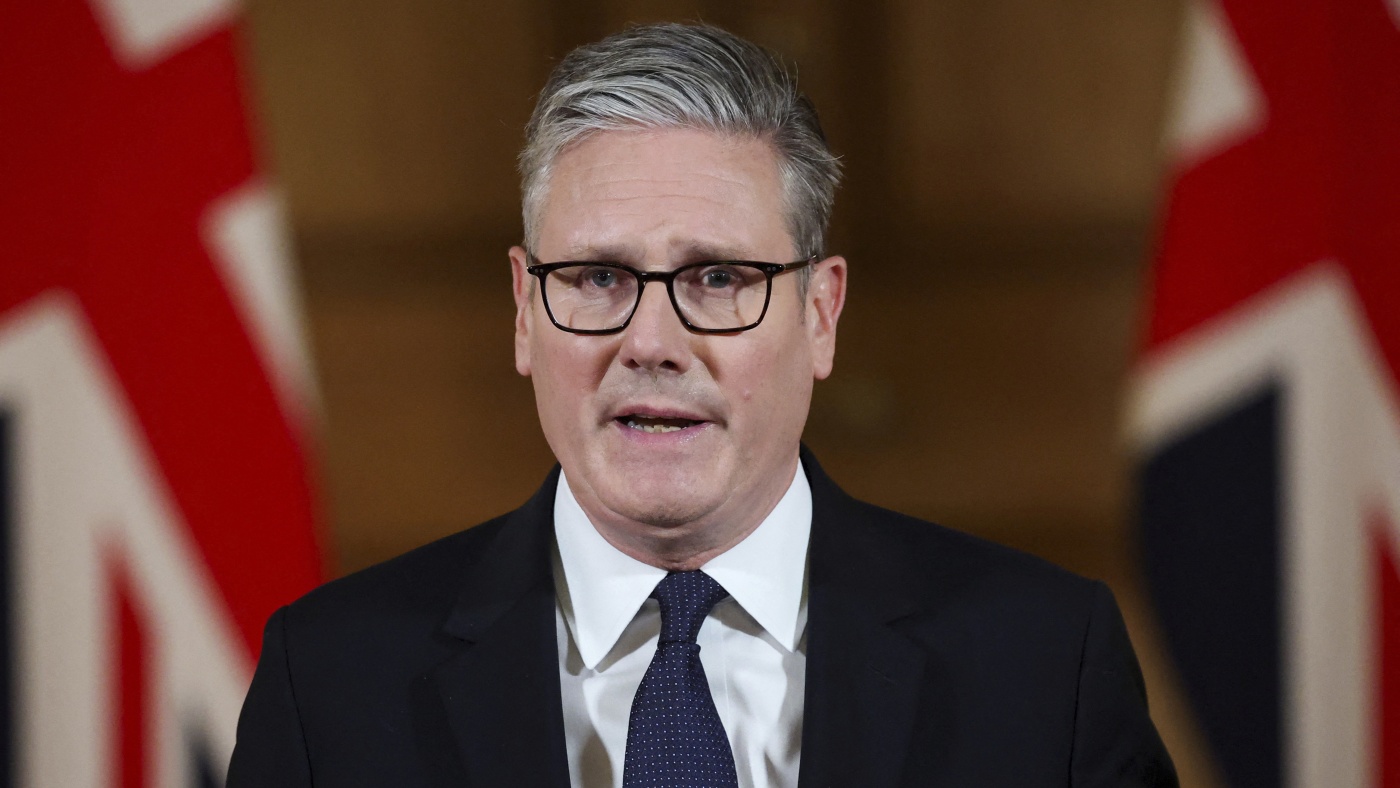Hamas Makes Prisoner Exchange Proposal to Israel

Introduction
After months of tensions between Israel and Hamas, a new proposal has been put forth by the militant group. The proposal suggests a prisoner exchange, with Hamas offering to release two Israeli hostages in exchange for the release of Palestinian prisoners. This development has caught the attention of the international community, with the United States sending its envoy, Jason Witkoff, to Israel to discuss the proposal on Thursday.
Key Details
The proposal comes after a series of violent clashes between Israel and Hamas, including the recent barrage of rockets fired from Gaza into Israel. The tension has been ongoing since the US recognized Jerusalem as the capital of Israel in 2017, leading to protests and violence in the region. The proposal is seen as a potential step towards de-escalation and a possible resolution to the ongoing conflict.
Impact
If the proposal is accepted, it could lead to the release of the two Israeli hostages, who have been held by Hamas for over five years. This could also lead to the release of hundreds of Palestinian prisoners in Israeli jails. However, the proposal is not without its challenges, as Israel has rejected similar proposals in the past. Nevertheless, this development brings hope for a potential breakthrough in the Israeli-Palestinian conflict.
About the Organizations Mentioned
United States
The **United States** is a federal republic and a global superpower, playing a leading role in economics, military strength, technology, and governance. It is a nation of approximately 348 million people as of 2025, characterized by its diverse population and dynamic economy[8][6]. Founded in 1776 following independence from British rule, the U.S. rapidly evolved into a major world power, especially after World War II, when its technological and economic investments solidified its global dominance[4]. Today, it remains the world’s preeminent military power, with 76% of Americans recognizing this status, while about half view it as the leading economic power globally, though China is seen as a rising competitor[2][3]. The U.S. government operates through a complex system that manages federal finances, taxation, social welfare programs, and trade policies. Recent legislative changes, such as the 2017 Tax Cuts and Jobs Act and the 2025 One Big Beautiful Bill Act, have shaped the tax landscape to influence economic growth, labor markets, and federal revenue[1]. Despite challenges like rising federal deficits projected to reach 6.9% of GDP by 2027, consumer spending remains resilient, and business investment is expected to grow steadily in 2025[5]. In governance, the U.S. is rated "Free" with a score of 84/100 by Freedom House, though concerns about democratic erosion and partisan conflicts persist[6]. Public trust and satisfaction with government services fluctuate, reflecting ongoing debates about policy effectiveness and institutional competence[7]. Technologically, the U.S. maintains a critical edge, underpinning its economic and geopolitical power. Experts warn, however, that technological dominance is not guaranteed indefinitely, emphasizing the need for adaptive policies and international cooperation to sustain leadership in innovation and global affairs[4]. Overall, the United States remains a pivotal force in global business, technology, and politics, balancing historic strengths with contemporary challenges in

















